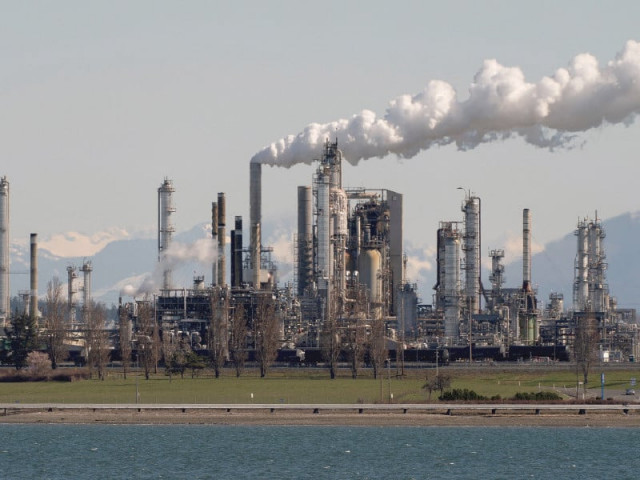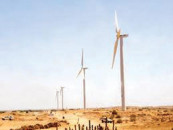SIFC endorses refineries’ demands
Backs withdrawal of budget measures that may result in closure of refineries

The Special Investment Facilitation Council (SIFC) on Thursday backed plans to withdraw the budgetary measures that could lead to the closure of refineries and spoil a $6 billion plant upgrade programme.
Sources told The Express Tribune that the SIFC held a high-level meeting, attended by representatives of refineries and officials of the Petroleum Division, Ministry of Finance and Federal Board of Revenue (FBR). During a briefing, company executives pointed out that sales tax exemption for petroleum products would prevent refineries from claiming a significant amount of input tax paid on purchases and services.
Further adverse impact will come from a 2% additional customs duty on the import of equipment, which enhances the cost of planned projects. They sought resolution of the issues.
The government’s sales tax exemption decision would deprive refineries of tax refund and it would even adversely affect feasibility studies for upgrading plants, the executives said. “It will also increase the cost of upgrading projects by 20%.”
Sources said that the Petroleum Division had also been in favour of reversing the budgetary measures so that refineries could continue operations and modernise their plants. It was informed during the meeting that the International Monetary Fund (IMF) had pressed the government to stop giving refunds, which was why the FBR offered sales tax exemption to avoid refund claims.
Earlier, the refineries approached the government for urgent resolution of issues and successful implementation of a new refinery policy, crafted and approved following years of hard work. Sources said that the SIFC was told that all refineries needed to sign supplemental agreements with the Oil and Gas Regulatory Authority (Ogra) before implementation of the refinery policy.
The government has recently approved a six-month extension in the deadline for signing agreements.
According to sources, meeting participants noted that with the new budgetary measures, the refineries would not be able to ink the necessary deals.
The Oil Companies Advisory Council (OCAC) had welcomed the Cabinet Committee on Energy (CCOE) decision on extending the refinery policy by six months but voiced concern over the measures taken in the budget, believing they would stymie efforts to upgrade refineries for producing environmentally friendly fuels.
Prior to the FY25 budget, three refineries – Attock Refinery Limited, National Refinery Limited and Pakistan Refinery Limited – agreed to strike plant upgrade agreements with Ogra and make a cumulative investment of $3 billion. Two other refineries – Pak Arab Refinery (Parco) and Cnergyico PK – sought more time, due to which the six-month extension was granted.
Earlier, all refineries drew attention of the government to a significant amendment to the Sales Tax Act 1990, proposed through the Finance Bill 2024, to exempt motor spirit (petrol), high-speed diesel, kerosene oil and light diesel oil from sales tax.
These products were previously zero-rated but the new measure will effectively restrain refineries from claiming refund of approximately 70% of input tax paid on taxable purchases and services.
This will negatively affect financial results of refineries as sale prices of most of the petroleum products are regulated, preventing refineries from passing the increased cost on to customers. The cumulative negative impact of the proposal was of such a magnitude that it would make operations of refineries unsustainable, they warned.
The government has already announced Pakistan Refining Policy for Up-gradation of Existing/Brownfield Refineries 2023, which provides various incentives for making a huge investment within the specified strict timelines.
Refineries are undertaking upgrade and expansion projects worth $4.5 billion and this investment will significantly add value to the economy mainly through import substitution and employment generation. However, after sales tax exemption, a huge amount of input tax to be paid on project-related imports and purchases could not be claimed. This will substantially increase project costs, rendering them unviable.
Consequently, the refinery policy is feared to become redundant and deprive the country of a huge investment of $4.5 billion.


















COMMENTS
Comments are moderated and generally will be posted if they are on-topic and not abusive.
For more information, please see our Comments FAQ